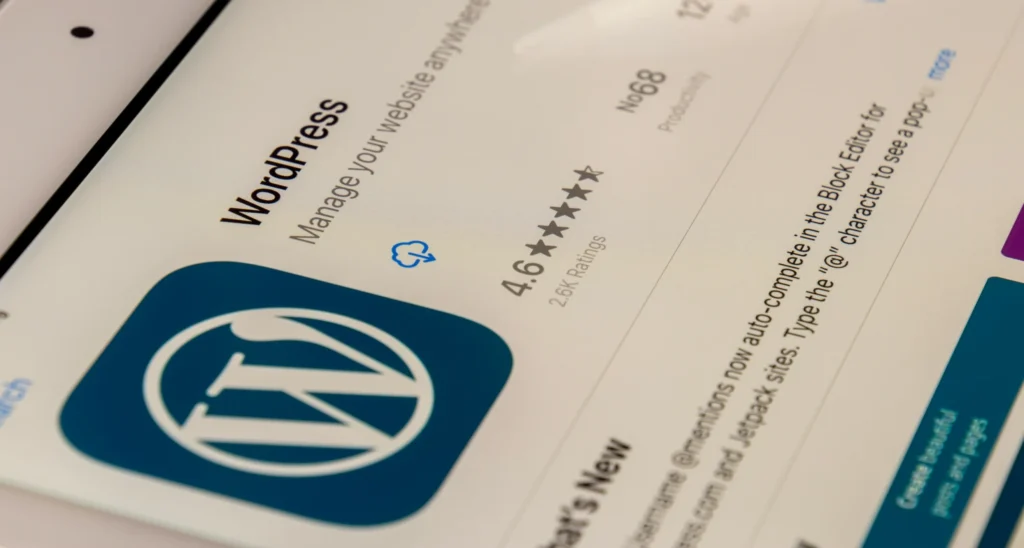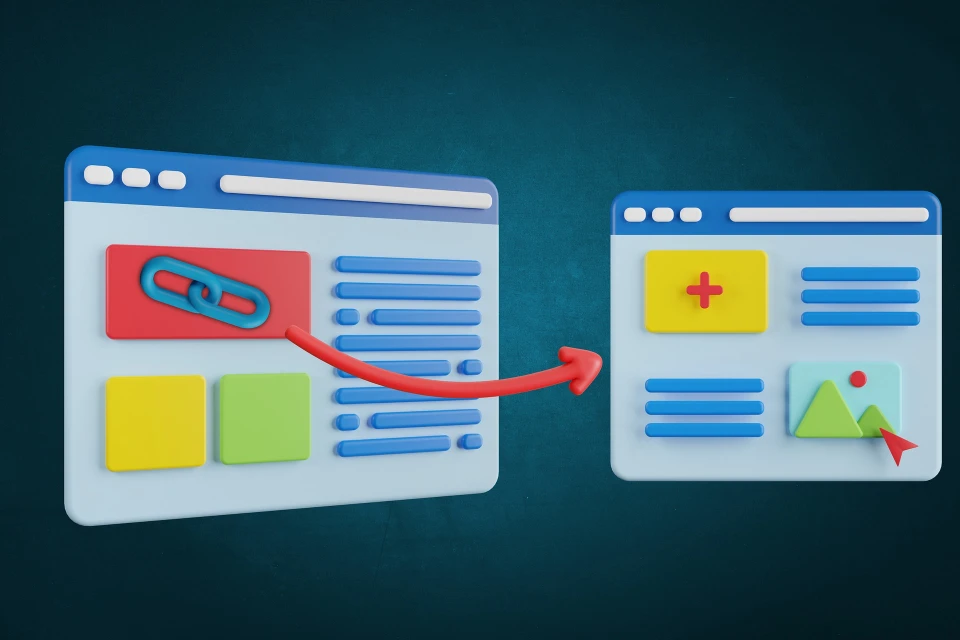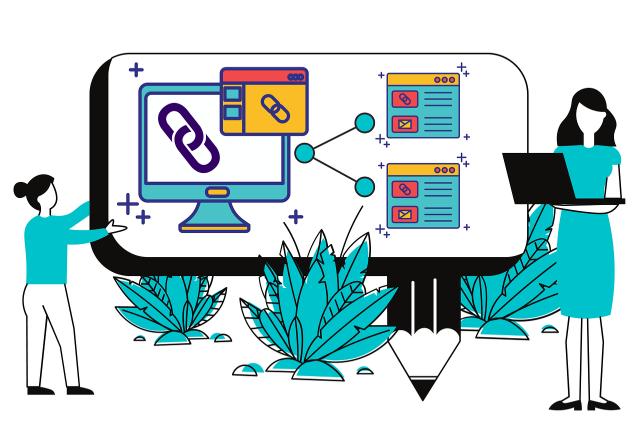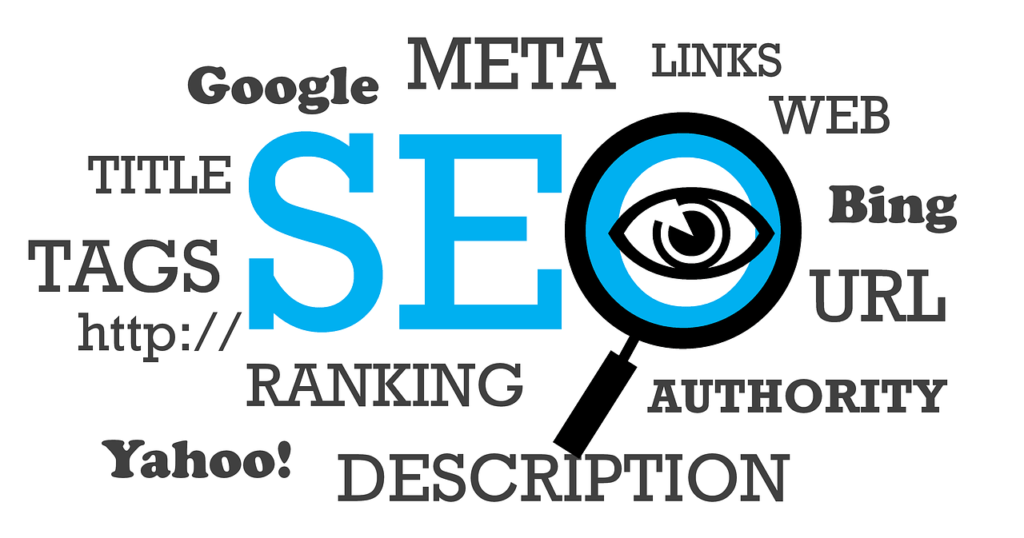Starting a career in digital marketing can be a thrilling and rewarding journey, especially in 2024 when the industry is more dynamic than ever. If you’ve been scouring job boards for marketing positions, you might have noticed that even entry-level roles often require some experience. This can be a frustrating catch-22 for those just trying to get their foot in the door. But fear not! Whether you’re fresh out of school or considering a career switch, I’ve crafted a comprehensive six-step roadmap to help you navigate the path from having zero experience to landing your first marketing job. Let’s dive right into it!
Step 1: Career Pathing
The first step in your journey is career pathing, which involves figuring out what specific skills or specialties you want to focus on in the vast world of marketing. Narrowing down your focus not only helps streamline your job search but also makes you a more valuable candidate. Even if you’re applying for a broad role like a Digital Marketing Coordinator, having a specialized skill set—such as SEO expertise, content creation, or social media management—can set you apart from the competition.
To get started, consider the following questions:
- Is there anything you’re already good at?
- Leveraging existing skills can give you an edge. For example, if you enjoy creating digital art, a role in graphic design or content creation might be perfect for you.
- What do you enjoy doing?
- If you love digging into data and research, you might thrive in a role like market analysis or SEO.
- What do you want to learn more about?
- If you’re intrigued by email marketing or PPC advertising, look for courses or resources that can help you develop those skills.
Once you’ve identified your areas of interest, it’s time to develop those skills. Platforms like Acadium offer free courses and real-life apprenticeships that let you practice and perfect your new skills. These experiences are not only invaluable for learning but also for building a portfolio that you can showcase to potential employers.
Step 2: Personal Branding
With your specialization in mind, it’s time to build your personal brand. Personal branding is about how you present yourself to the world, both online and offline. Start by conducting a thorough audit of your digital footprint. This includes combing through all your public posts, tweets, blogs, and any other content you’ve shared online. Ensure that everything aligns with the professional image you want to project. Remember, your future employers will likely check your online presence, so make sure it leaves a positive impression.
Next, build a robust LinkedIn profile and a portfolio website. These platforms should highlight your education, certifications, and any relevant projects or work experiences. Don’t hesitate to showcase the work you’ve done during internships or even school projects. Adding certifications from platforms like Google or HubSpot can further enhance your profile by demonstrating your commitment to continuous learning.
To take your personal brand to the next level, consider creating content around your chosen field. Start a blog, a YouTube channel, or a podcast where you share insights, tips, or experiences related to your specialization. This not only showcases your expertise but also helps you build an audience that values your insights—something that can significantly boost your credibility in the industry.
Step 3: Networking
Networking is often touted as a crucial component of career success, and for good reason. Building connections within your industry can open doors to job opportunities that might not be advertised publicly. Instead of traditional networking events, focus on building one-on-one relationships. Reach out to professionals on LinkedIn or via email, express your interest in their career path, and ask if they’d be open to a coffee chat. This approach is less intimidating and often more effective in creating lasting professional connections.
Networking is not just about who you know; it’s also about who knows you. Hiring managers frequently look within their own networks before posting a job publicly. By building a strong professional network, you increase your chances of being recommended for opportunities.
Step 4: Gain Experience
Now that you have a clearer picture of your personal brand and network, it’s time to gain some real-world experience. Here are a few ways to get started:
- Internships and Volunteering: These provide hands-on experience and can sometimes lead to full-time roles. They’re a great way to learn on the job and build a professional network.
- Freelance and Contract Work: Offering your services on a freelance basis can help you build a portfolio and gain experience working with real clients.
- Personal Projects: Start a blog, a social media page, or any project that allows you to apply your marketing skills. This not only helps you practice but also gives you something tangible to show potential employers.
Step 5: Apply, Apply, Apply
Once you have some experience under your belt, it’s time to start applying for jobs. Customize your resume and cover letter for each application, emphasizing the skills and experiences most relevant to the position. Use job portals like Indeed, LinkedIn, and Glassdoor to find suitable openings and set up job alerts to stay informed about new opportunities.
Persistence is key—apply to as many jobs as possible to increase your chances of getting an interview. Don’t forget to follow up with companies after submitting your application to demonstrate your enthusiasm for the role.
Step 6: Ace the Interview
Getting an interview is a significant milestone, so make sure to prepare thoroughly. Research the company and the specific role, practice answering common interview questions, and prepare examples that highlight your relevant skills and experiences. Being well-prepared not only shows that you’re serious about the job but also helps you feel more confident during the interview.
After the interview, send a thank-you note to the interviewer to express your appreciation for their time and reiterate your interest in the position.
By following these six steps, you’ll be well on your way to starting a successful career in digital marketing. Remember, it’s a journey that requires patience, persistence, and a willingness to continuously learn and adapt. Good luck!
Job Search Tips for Digital Marketing Freshers in 2024
For those just starting out in digital marketing, the job market can seem daunting. Here are some practical tips to help you navigate your job search effectively:
- Specialize Early
Focusing on a specific niche within digital marketing—such as SEO, content marketing, or social media management—can make you more attractive to potential employers. Specializing allows you to develop a deeper skill set that sets you apart from other candidates.
Build a Personal Brand
Creating a strong online presence through platforms like LinkedIn, personal blogs, or portfolio websites is crucial. Share your thoughts on industry trends, participate in discussions, and connect with industry professionals to build your network and showcase your expertise.
- Gain Experience Through Internships
Internships offer invaluable practical experience and can often lead to full-time positions. They allow you to apply theoretical knowledge in real-world scenarios, making you a more attractive candidate to employers.
- Utilize Online Learning Platforms
Platforms like Coursera, LinkedIn Learning, and Google Digital Garage offer courses that can help you enhance your skills. These courses often provide certifications that you can add to your resume, showcasing your commitment to continuous learning.
- Network Actively
Attend industry events, webinars, and join professional groups on platforms like LinkedIn. Networking can open doors to job opportunities and help you build relationships with industry professionals who can offer guidance and support.
- Create and Share Content
Starting a blog, YouTube channel, or podcast where you share your knowledge and insights can help build your personal brand and demonstrate your expertise to potential employers.
- Customize Your Applications
Tailor your resume and cover letter for each job application, highlighting your most relevant skills and experiences. Use keywords from the job description to increase your chances of being noticed by Applicant Tracking Systems (ATS).
- Prepare for Interviews
Research the company and role thoroughly before the interview. Practice answering common interview questions and prepare examples that demonstrate your skills and achievements. Be ready to discuss industry trends and how you can contribute to the company’s success.
- Leverage Online Job Portals
Use job portals like Indeed, Glassdoor, and LinkedIn to find entry-level digital marketing jobs. Set up job alerts to receive notifications about new opportunities that match your criteria.
- Seek Feedback
If you’re not successful in landing a job after an interview, don’t hesitate to ask for feedback. Understanding where you can improve can help you better prepare for future opportunities.
By following these tips, you’ll be better equipped to secure a job in the competitive field of digital marketing. Stay persistent, keep learning, and actively seek opportunities to grow your skills and network.
FAQs About Starting a Career in Digital Marketing
- How important is having a degree in digital marketing?
- While a degree can be helpful, many employers value practical experience, certifications, and a strong portfolio over formal education. However, a degree in marketing or a related field can provide a solid foundation and open up more opportunities.
- What skills are most important for a career in digital marketing?
- Key skills include SEO, content creation, social media management, data analysis, and basic coding knowledge. Strong communication and project management skills are also essential.
- How can I gain practical experience in digital marketing?
- Internships, freelancing, and personal projects are great ways to gain practical experience. You can also volunteer to manage digital marketing for local businesses or non-profits.
- Are certifications valuable in the digital marketing industry?
- Yes, certifications from reputable institutions like Google, HubSpot, and Facebook can enhance your resume and demonstrate your commitment to learning.
- How can I stay updated with the latest trends in digital marketing?
- Follow industry blogs, attend webinars, and join professional groups on platforms like LinkedIn. Networking with industry professionals and participating in discussions can also keep you informed about the latest trends.
- Is it possible to switch to a digital marketing career from a different field?
- Absolutely. Many digital marketers come from diverse backgrounds. You can leverage your existing skills and learn new ones through online courses, certifications, and practical experience.
- What are some common entry-level roles in digital marketing?
- Common entry-level roles include social media coordinator, SEO specialist, content writer, email marketing specialist, and digital marketing assistant.
- How important is networking in the digital marketing industry?
- Networking is crucial. It can help you learn about job opportunities, gain insights into the industry, and connect with potential mentors.
- How can I improve my chances of getting hired in digital marketing?
- Tailor your resume and cover letter to each job application, highlight relevant skills and experiences, build a strong online presence, and continuously update your skills.
- What are the biggest challenges faced by digital marketing freshers?
- Some of the biggest challenges include standing out in a competitive job market, keeping up with rapidly changing technology and trends, and gaining practical experience without a significant background in the field.
By following these steps and tips, you’ll be well-equipped to start your journey in digital marketing. The road to success might be challenging, but with determination, continuous learning, and a proactive approach, you’ll find yourself navigating the digital marketing landscape with confidence. Good luck on your career journey!





















